
Today I was lucky enough to get a place on a Lego Serious Play workshop run by David Gauntlett, who uses lego to conduct all kinds of interesting research in Media, Art and Design at the University of Westminster.
The aim of the session was to explore the use of Lego as a tool for gathering qualitative data during the research process, as well as reflecting upon my own PhD experiences so far and learning from other people’s experiences.
Using Lego for metaphorical modelling
David explained that the idea behind Lego Serious Play is that by using a visual aid the participants are encouraged to think about their experiences and opinions and represent them in model form. The idea is that it gives people a new way to express and explore complex subjects and ideas through a creative method.
As my PhD research is focused on exploring experiences and understandings of research impact (undoubtedly a very complex and often contentious issue), I thought this could be a useful tool for me to use during my data gathering stage.
Getting used to building with Lego
We started out by building a free form creature, which could be any life form, as realistic or fantastical as you like. This stage allowed us to become familiar with the Lego pieces and to explore how everything could be used and fitted together. I really enjoyed this, and made the Stompocopter (obviously trademarked, don’t go nicking my ideas all you toy companies out there), with a working helicopter tail and huge stompy feet.
Moving from literal to metaphorical modelling
After this stage we talked a bit about metaphors and how they can be used to explore ideas which are hard to describe by borrowing meaning from other items and concepts. We then applied this knowledge to building some models representing positive and negative supervisory experiences of a PhD. In mine, the model at the top uses parts from my earlier Stompocopter to represent a supervisor pushing a student to plough on through their journey without any real consideration for the student’s opinions. This has led to the student having to develop a very thick skin (represented by the crash helmet). The collection of objects below represents a more positive experience, with the skills and guidance from the supervisor represented by the wheels, ladders and spade which can all be used by the student to navigate issues and barriers during their journey.
Exploring our own PhD journeys
Now that we were all getting used to how to use and discuss the modelling we were doing, we moved onto the main task of the afternoon – representing our own personal journey through modelling.
I decided to use the concept of a river in my model, as I am interested in using the Kawa river model as a possible data gathering method during my case studies. The river here represents my PhD journey, with the tributaries indicating different paths of thought and possible directions I could go down with my work. The green bushes represent obstacles along the way, but by using the tools and skills I am developing (shown by ladders and bridges), I will hopefully be able to navigate my way through. I used the animals to represent different feelings throughout my journey; elephant – plodding away slowly at my research during difficult times, tiger – determination and passion for my subject, horse – a sense of urgency that comes in spits and spats, kitten – occasionally feeling overwhelmed and timid in my abilities. I found thinking about the theoretical side of my work very interesting, and represented the struggles I sometimes have with navigating complex theoretical work by using the web, as theory often seems to be something which needs untangling before I can move on.
Lego Serious Play as a research tool
Overall, I found the exercises really helpful in terms of looking at my PhD experience from different angles, and found that the modelling helped me to articulate my thoughts and feelings quite clearly. Doing this as a group was also beneficial in that people had the chance to learn from each others experiences too.
Having had an introduction to using Lego serious Play as a tool for exploring research ideas and potentially gathering data, I am going to consider using it as a visual method during my case study section next year.
As always, I’m very interested to hear from anyone who has comments about this subject or has carried out similar research themselves.
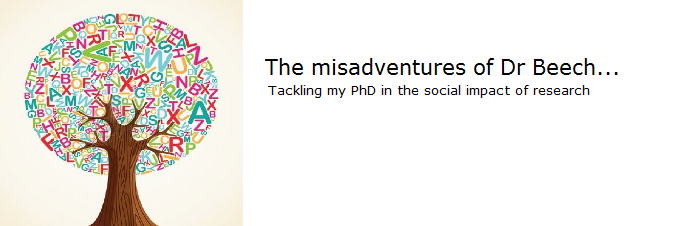
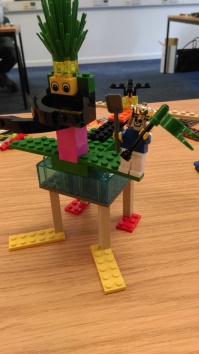
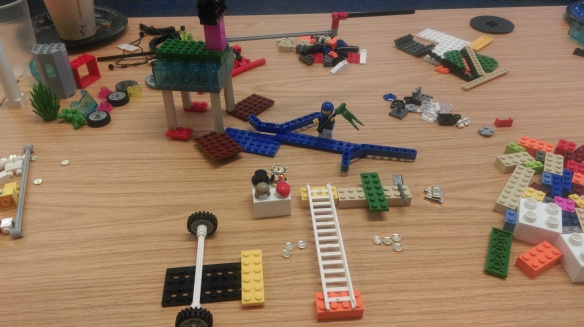
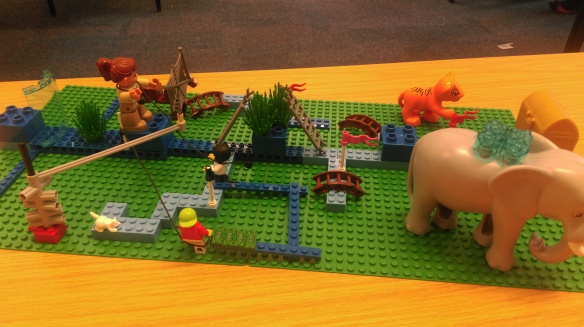

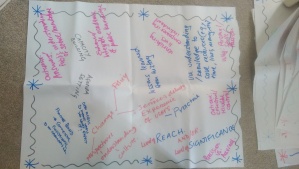

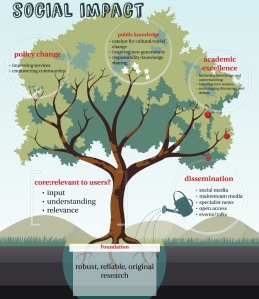
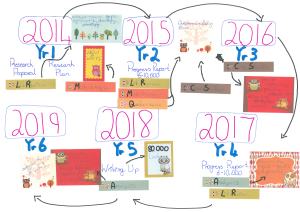


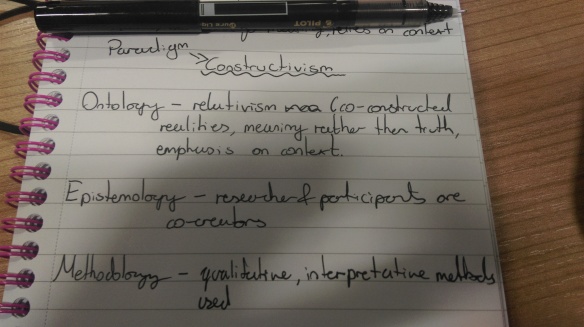
 I have my next supervisory meeting in a couple of days and am relived to say that I actually feel to have moved forwards over the last couple of months, having waded through a LOT of reading and a fair amount of writing too. By my meeting tomorrow, I was aiming to have decided on what kind of pilot study I wanted to do and how I was going to approach it.
I have my next supervisory meeting in a couple of days and am relived to say that I actually feel to have moved forwards over the last couple of months, having waded through a LOT of reading and a fair amount of writing too. By my meeting tomorrow, I was aiming to have decided on what kind of pilot study I wanted to do and how I was going to approach it.